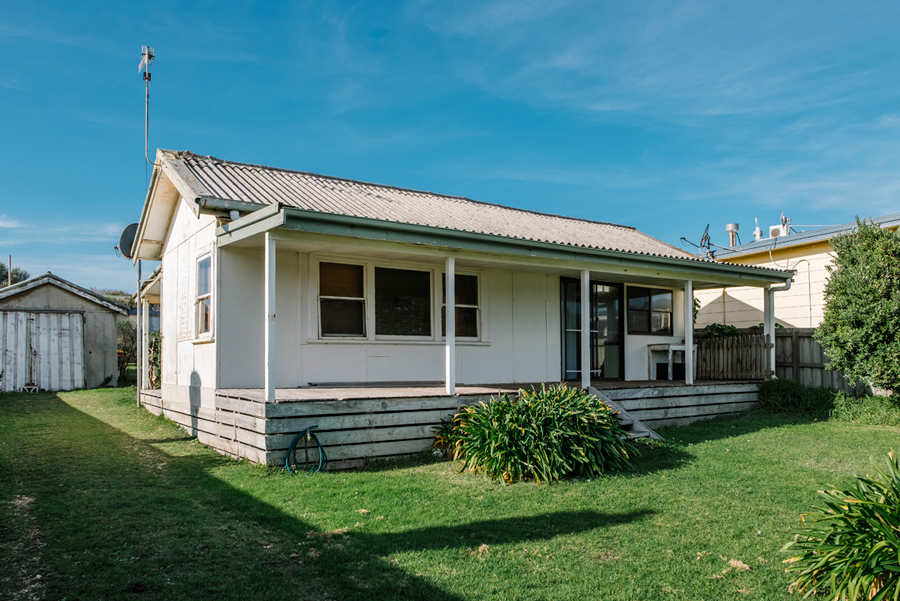Housing for individuals with severe mental illness has undergone a sea change over the past few decades. This review article in the Journal of Sociology & Social Welfare by Geoffrey Nelson provides a comprehensive account of this change and articulates a convincing case that the way forward is supported housing.
This transformation does not only mean a shift in living arrangements, but it symbolizes a change toward viewing and supporting people with mental health challenges.
During the early years of deinstitutionalization, in the 1950s and 1960s, most former psychiatric patients landed in custodial settings resembling board-and-care homes. Once again, many of these settings preserved some of the most troublesome characteristics of the institution, such as very little decision-making or freedom on the part of the residents. Recognizing this, the trend switched to supportive housing models, essentially group homes and halfway houses, which were a step up from previous models but continued to maintain staff supervision over segregated residents.
The newest practice, supported housing, or “Housing First,” offers individuals their apartments in the community, with flexible support services available. Among its features are consumer choice, permanent housing, and separation of housing and services. Nelson provides evidence-based research to show that supported housing entails better results than other modes; this includes more stability in housing, greater satisfaction, lower hospitalization, enhanced quality of life, and a greater sense of choice and control.
A stellar example is the New York City-based Pathways to Housing program, which reported jaw-dropping results on housing stability among the seriously mentally ill with histories of homelessness. This model represents a paradigm shift in terms of its point of view: from considering this population sick and requiring surveillance to competent members of society, from isolation to integration into society, from professional dominance to consumer influence, and housing as a treatment to being a civil right. Although supported housing holds promise, several barriers remain in implementing it at a larger scale. These include stigma and misconceptions about mental illness, lack of affordable housing and rent subsidies, resistance to change in existing mental health systems, and inadequate funding for support services.
Nelson introduces some strategies to deal with these difficulties, such as: creating a new vision and value surrounding recovery and citizenship, education and advocacy for fighting stigma, and working towards policy change and negotiation with governments and service providers to change the existing housing. Although much remains to be done, all these efforts point to the fact that change is possible. Efforts such as Canada’s At Home/Chez Soi project, in combination with the growing interest in Housing First approaches, offer promise that recovery and meaningful community integration for people with serious mental illness are within reach. As we work further to develop our approach to mental health and housing, it is vital that we put the voices and the choices of those most affected first. We need to work toward a future where everyone has access to a safe, stable home and the support they need to live whole lives in the community.



